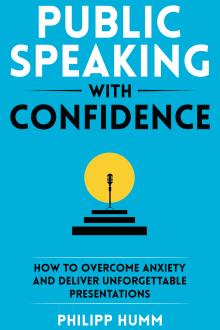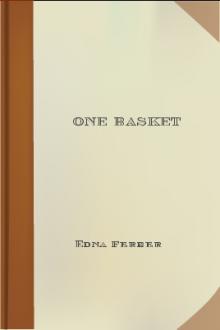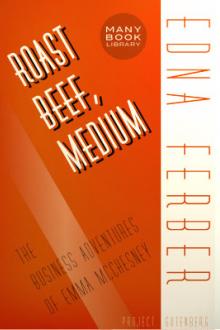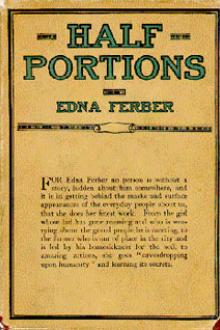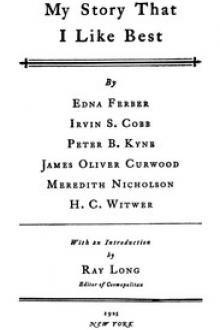Dawn O'Hara, The Girl Who Laughed
Dawn O'Hara, The Girl Who Laughed
Laughing isn't always the easiest thing in the world; sometimes it is heroic. This heroine did it with a charm, a heartiness and a downright courage that were infectious.
Book Excerpt
that wonder-place, New York.
How he had fired my country-girl imagination! He had been the most brilliant writer on the big, brilliant sheet--and the most dissolute. How my heart had pounded on that first lonely day when this Wonder-Being looked up from his desk, saw me, and strolled over to where I sat before my typewriter! He smiled down at me, companionably. I'm quite sure that my mouth must have been wide open with surprise. He had been smoking a cigarette an expensive-looking, gold-tipped one. Now he removed it from between his lips with that hand that always shook a little, and dropped it to the floor, crushing it lightly with the toe of his boot. He threw back his handsome head and sent out the last mouthful of smoke in a thin, lazy spiral. I remember thinking what a pity it was that he should have crushed that costly-looking cigarette, just for me.
"My name's Orme," he said, gravely. "Peter Orme. And if yours isn't Shaughnessy or Burke at least, then I'm no judge of what black hair
FREE EBOOKS AND DEALS
(view all)Popular books in Fiction and Literature, Romance, Humor
Readers reviews
3.0
LoginSign up
Dawn O'Hara, a New York newspaperwoman with a tragic past, falls ill and goes back to Michigan to be nursed by her sister, with the aid of Ernst Von Gerhard, a doctor friend of the family. On her recovery, he convinces her not to return to New York, but to take an easier reporting job in Milwaukee while she works on writing a book.
The romance is almost the least of the story. Well-drawn, colorful characters, gorgeously descriptive language -- the depiction of a German pastry shop made me want to lick the page -- and cogent observations on newspaper life give this novel great charm, although a central plot element, Dawn's refusal to divorce her estranged and institutionalized husband, despite her deepening feelings for Von Gerhard, no longer carries the emotional punch it likely had in the days when failed marriages had more stigma.
I continue to think Ferber is one of the most underrated authors of the 20th century.
The romance is almost the least of the story. Well-drawn, colorful characters, gorgeously descriptive language -- the depiction of a German pastry shop made me want to lick the page -- and cogent observations on newspaper life give this novel great charm, although a central plot element, Dawn's refusal to divorce her estranged and institutionalized husband, despite her deepening feelings for Von Gerhard, no longer carries the emotional punch it likely had in the days when failed marriages had more stigma.
I continue to think Ferber is one of the most underrated authors of the 20th century.
- Upvote (0)
- Downvote (0)
04/29/2005

 Free Download
Free Download



